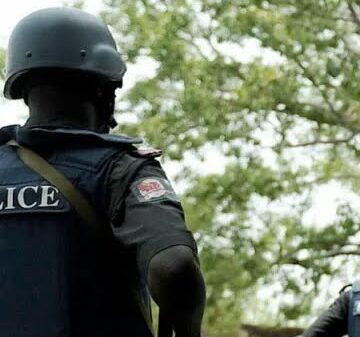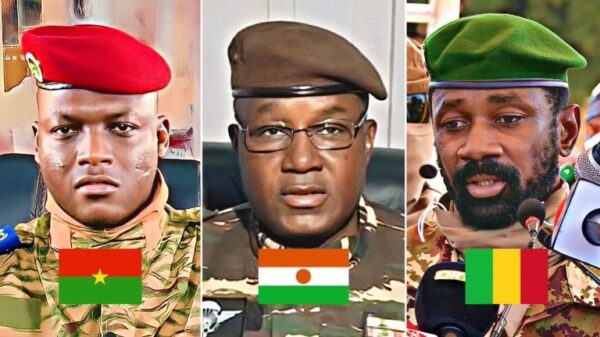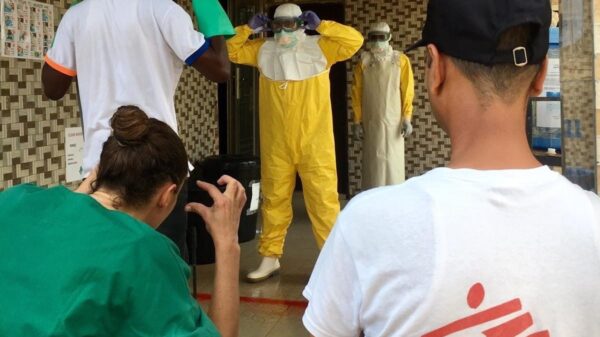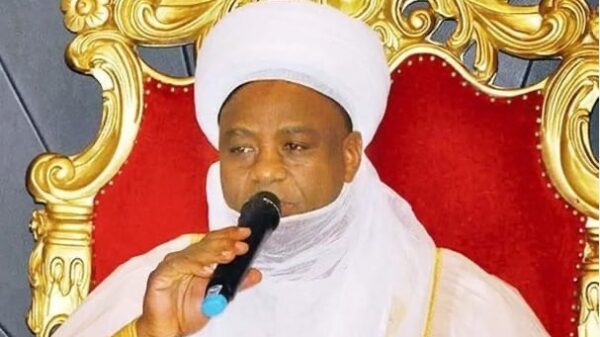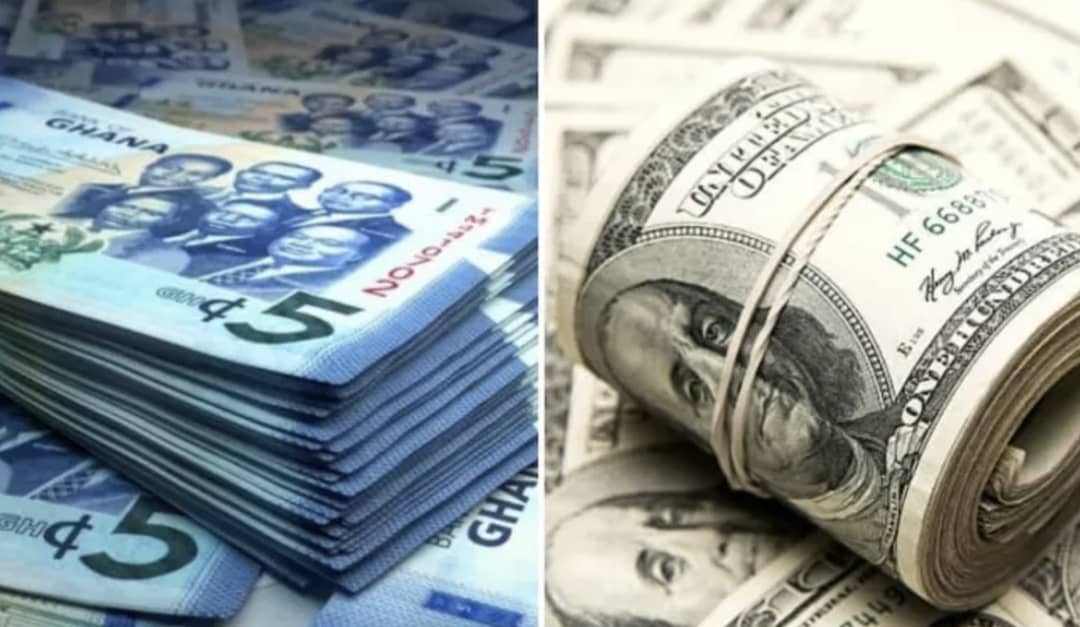Ghana’s local currency, the cedi which for past weeks was ranked the worst performing currency globally, is expected to regain strength against international trading currencies especially with the U.S dollar.
The forecast comes as the government and the International Monetary Fund reached a Staff-Level Agreement on economic policies and reforms to be supported by a new three-year arrangement under the Extended Credit Facility (ECF) of about US$3 billion.
The Fund believes, the government’s strong reform programme aimed at restoring macroeconomic stability and debt sustainability while protecting the vulnerable, preserving financial stability and laying the foundation for strong and inclusive recovery, was key in this decision.
This is expected to boost investor confidence in the economy as well as shore up the foreign reserves. Also, almost all importers who needed the US dollar for their Christmas and New year imports have already closed their transaction, so there will be no much pressure and rush for the US dollar now.
According to the Bank of Ghana currency trading dashboard, as at Friday, December 16, 2022, the dollar was selling at “GH¢8..0055 and buying at ¢7.9975.”
Some weeks ago, the US dollar was trading around GH¢15. From beginning of the year, the cedi fell by more than 54% against the dollar.
However, the staff-level agreement is subject to IMF Management and Executive Board approval and receipt of the necessary financing assurances by Ghana’s partners and creditors.
To support the objective of restoring public debt sustainability, the statement added that, the government has launched a comprehensive debt operation. But the Fund said sufficient assurances and progress on this front will be needed before the proposed Fund-supported programme can be presented to the IMF Executive Board for approval.
“The Ghanaian authorities have committed to a wide-ranging economic reform program, which builds on the government’s Post-COVID-19 Programme for Economic Growth (PC-PEG) and tackles the deep challenges facing the country”, the statement pointed out.
“Key reforms aim to ensure the sustainability of public finances while protecting the vulnerable. The fiscal strategy relies on frontloaded measures to increase domestic resource mobilisation and streamline expenditure. In addition, the authorities have committed to strengthening social safety nets, including reinforcing the existing targeted cash-transfer program for vulnerable households and improving the coverage and efficiency of social spending”, it explained.
The statement further said that structural reforms will be introduced to underpin the fiscal strategy and ensure a durable consolidation. These include developing a medium-term plan to generate additional revenue and advancing reforms to bolster tax compliance.
It noted that the structural reforms will help create space for growth-enhancing measures and social spending. Efforts will also be made to strengthen public expenditure commitment controls, improve fiscal transparency (including the reporting and monitoring of arrears), improve the management of public enterprises, and tackle structural challenges in the energy and cocoa sectors, adding, “the authorities are also committed to further bolstering governance and accountability”.
Continuing, the Fund said “reducing inflation, enhancing resilience to external shocks, and improving market confidence are also important program priorities. Accordingly, the Bank of Ghana will continue to strengthen its monetary policy framework and promote exchange rate flexibility to rebuild external buffers. As part of the authorities’ debt strategy, a domestic debt exchange has been launched. The authorities are committed to taking the necessary mitigation measures to ensure financial sector stability is preserved”.
The IMF staff held meetings with Vice President Dr. Bawumia; Finance Minister, Ken Ofori-Atta and Bank of Ghana Governor, Dr. Ernest Addison, and their teams, as well as representatives from various government agencies.
The mission team concluded by expressing gratitude to the government, Parliament’s Finance Committee, the private sector, trade union, and civil society representatives for their open and constructive engagement over the past few months.







